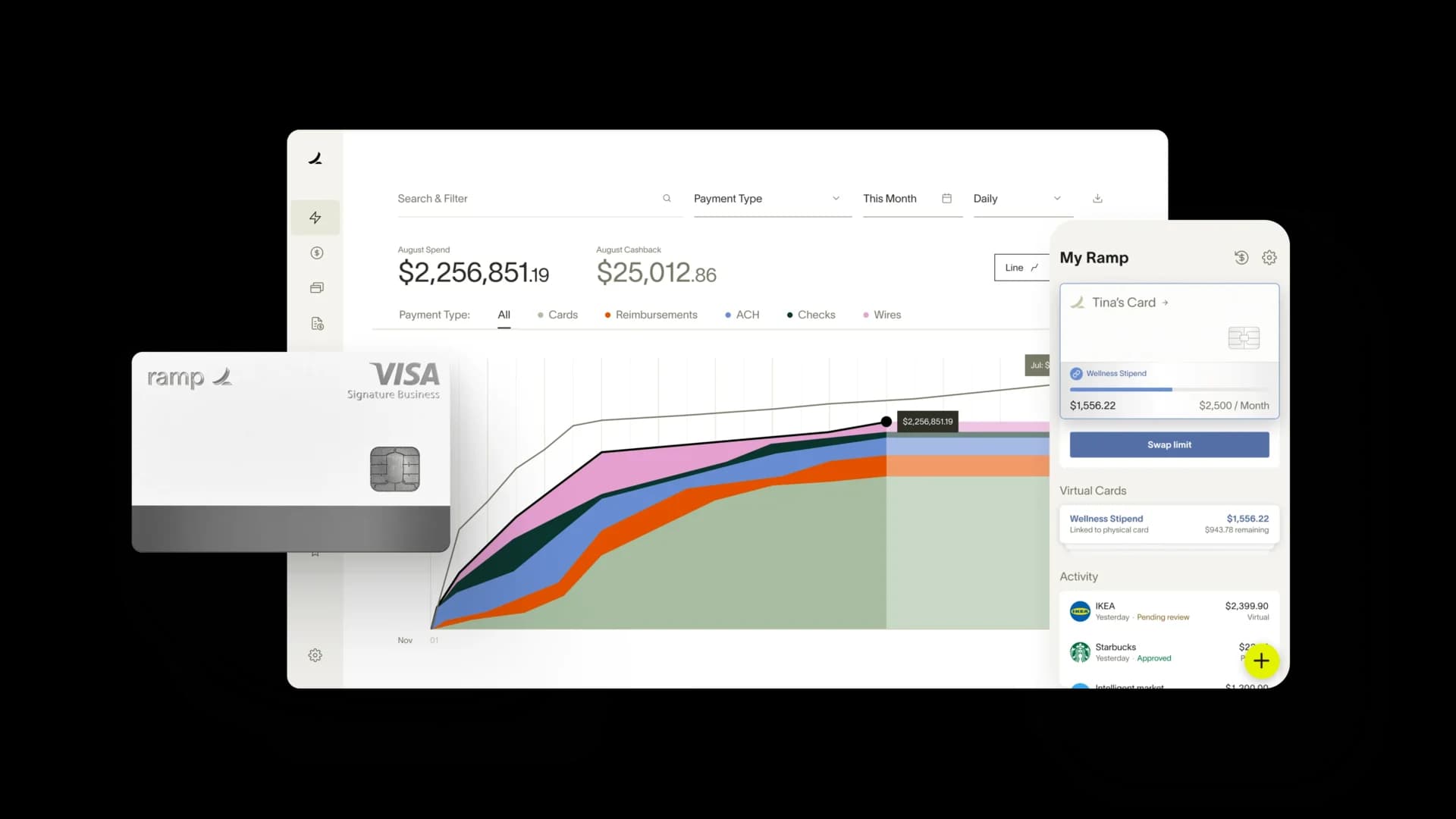Florida mileage reimbursement rates & calculator


Florida doesn't prescribe specific mileage reimbursement rates or laws for businesses. While most businesses follow the IRS standard rates, as a Florida employer, you can create a policy that effectively supports your team and manages costs.
Proper reimbursement ensures fair compensation for business travel and benefits both you and your employees by:
- Streamlining tax obligations
- Boosting job satisfaction
While the law doesn't mandate mileage reimbursement, it's your responsibility to ensure your employees' earnings don't fall below the state minimum of $14 per hour due to unreimbursed travel expenses.
Florida business mileage reimbursement rates
For Florida employers in 2026, the business mileage reimbursement rate is $0.725 per mile, as guided by the IRS's standard mileage rates. You can opt to reimburse at a higher or lower rate than this.
However, amounts exceeding the IRS standard rates, as tabulated below, are considered taxable income.
| Tax Year | Business rate | Charitable rate | Medical/ moving rate |
|---|---|---|---|
| 2026 | $0.725 | $0.14 | $0.205 |
| 2025 | $0.70 | $0.14 | $0.21 |
| 2024 | $0.67 | $0.14 | $0.21 |
| 2023 | $0.655 | $0.14 | $0.22 |
| 2022 (Jul 1 to Dec 31) | $0.625 | $0.14 | $0.22 |
| 2022 (Jan 1 to Jun 30) | $0.585 | $0.14 | $0.18 |
| 2021 | $0.56 | $0.14 | $0.16 |
| 2020 | $0.575 | $0.14 | $0.17 |
Please note: You may reimburse your employees at rates above or below the IRS standard. However, any excess reimbursement over the IRS rate is subject to taxation as income.
Florida mileage reimbursement calculator
Using the Florida mileage reimbursement calculator is straightforward.
- Choose the tax year for which you want to calculate.
- Input the miles driven to determine how much money can be received in return.
Florida mileage reimbursement laws
Unlike California, Illinois, and Massachusetts, Florida does not have a law explicitly requiring you to pay your employees for mileage. Instead, like most Florida employers, you are encouraged to adopt fair and reasonable policies, ensuring that your employees are not unduly burdened with business expenses.
The absence of a stringent state mandate places the responsibility on you to develop clear, equitable policies that align with federal guidelines on not letting the minimum wage of your employees drop below $14 per hour.
Reimbursement method flexibility
In Florida, you have options on how to calculate reimbursements. Here's how you can approach it.
- Use the IRS standard mileage rate. Multiply the business miles driven by the IRS rate for a straightforward, tax-free reimbursement.
- Calculate using the actual expense method. Add up the actual costs of business driving, such as gas, insurance, and maintenance, to get your reimbursement.
- Apply the fixed and variable rate (FAVR). Combine both fixed costs like insurance and depreciation with variable costs like fuel and maintenance for a fair and equitable approach.
Legal considerations in case of non-payment
Failure to adequately reimburse your employees in Florida could potentially lead to wage and hour claims, particularly if inadequate reimbursements push an employee's effective earnings below the minimum wage. This could lead to legal issues.
It is crucial to establish a policy that meets federal standards for accountability and transparency and considers the financial well-being of your employees.
Revolutionize mileage tracking with Ramp
Understanding and adhering to Florida's mileage reimbursement laws is essential for maintaining a fair workplace and avoiding legal pitfalls. Proper reimbursement practices keep your business compliant and boost employee morale by ensuring everyone is fairly compensated for travel expenses.
You can adhere to IRS rates or develop a clear, fair policy to prevent misunderstandings and keep your team satisfied. But that's not all. Here's everything else that you can (and should) do.
- Document every reimbursement to support tax filings and resolve disputes.
- Review your policy annually to align with IRS changes and economic shifts.
Worried how you can handle the complexities of mileage reimbursement? Let Ramp simplify business management by automating mileage tracking and reimbursement processes for you.
With Ramp's AI-powered expense management software, you can ensure accuracy and ease in logging miles, calculating reimbursements, and maintaining records. This saves time and instills trust within your team, making compliance a breeze.
See how Ramp automates expense and mileage tracking for 50,000 businesses












